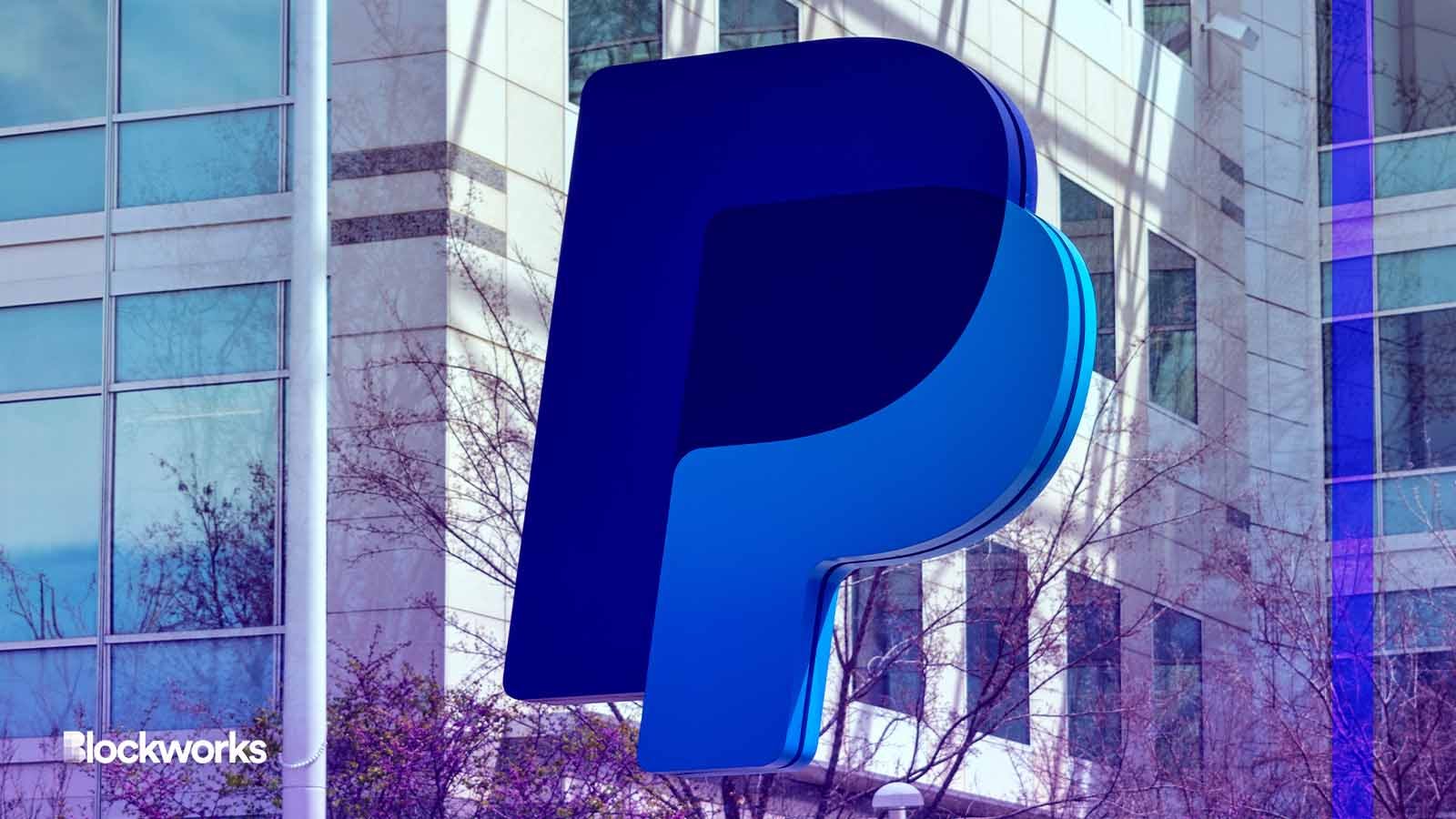PayPal USD too big to shut down? Why the stablecoin could be different than Meta’s diem
With strong regulatory relationships, an established reputation and history as a guide, PayPal may be better equipped to launch a stablecoin than Meta

JHVEPhoto/Shutterstock modified by Blockworks
As PayPal unveils its stablecoin offering, industry members might recall another time a public company ventured into stablecoins, an effort that eventually proved to be fruitless.
Meta abandoned its stablecoin dreams — first known as libra, then rebranded to diem — after a Congressional probe, European ban and blacklist from the Federal Reserve and US Treasury Department. PayPal says it will be different.
Its experience with payments and years-long investment in crypto initiatives, plus an already-established relationship with regulators, position PayPal USD for success, the company said in its announcement Monday.
Read more: PayPal launches stablecoin tied to the US dollar, issued on Ethereum
PayPal USD is a US dollar-backed stablecoin issued by Paxos Trust Company, which is already licensed as a limited purpose trust company under the New York State Department of Financial Services.
With diem, Meta took the opposite approach, only offering to partner with a Fed-regulated bank — Silvergate — after years of trying to launch the token. Diem founders decided to pursue a US-only approach after the project was banned from operating in Europe just six months after it was announced due to regulators’ concerns with risks to monetary sovereignty.
Meta stepped away from diem in January 2022 when it sold the project to Silvergate Bank after three years of trying to get on regulators’ good side. Silvergate wrote off the investment a year later, months before the bank closed its doors.
PayPal was a brief member of the Diem Association, an industry think-tank of sorts designed to advise on the project, before pulling out after about four months. PayPal left the project “to continue to focus on advancing our existing mission and business priorities,” a spokesperson said at the time.
Aside from a different regulatory attitude toward crypto and a claimed better relationship with the people in charge, PayPal has something Meta never did: It’s an undeniably integral player in the payments-management ecosystem.
PayPal has a 40% market share of online payment processing, which isn’t going to hurt its case with US regulators, Noelle Acheson, author of Crypto is Macro Now and former head of market insights at Genesis, said.
“[PayPal] is a significant engine of the US payments ecosystem, and it’s hard to imagine regulators scrambling to shut this initiative down as premature when they have so much else going on,” Acheson wrote in Tuesday’s newsletter.
“Even if that happens, it would escalate the building battle between enterprise and politicians, which in theory should always have some tension, but the debates are becoming ideological with the role of regulation at their root.”
Get the news in your inbox. Explore Blockworks newsletters:
- The Breakdown: Decoding crypto and the markets. Daily.
- 0xResearch: Alpha in your inbox. Think like an analyst.






